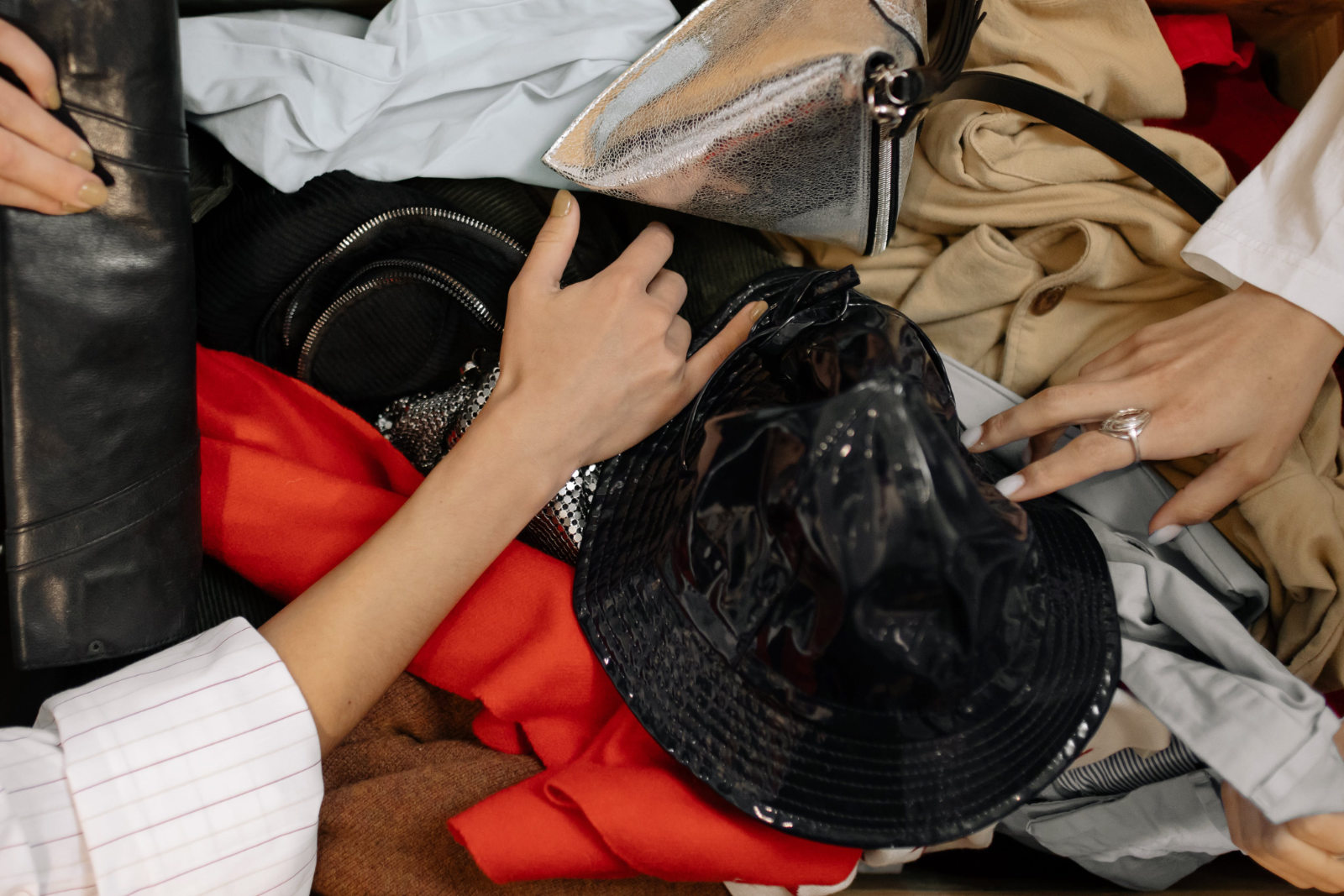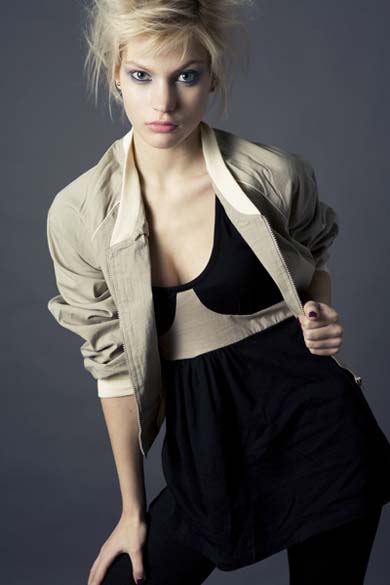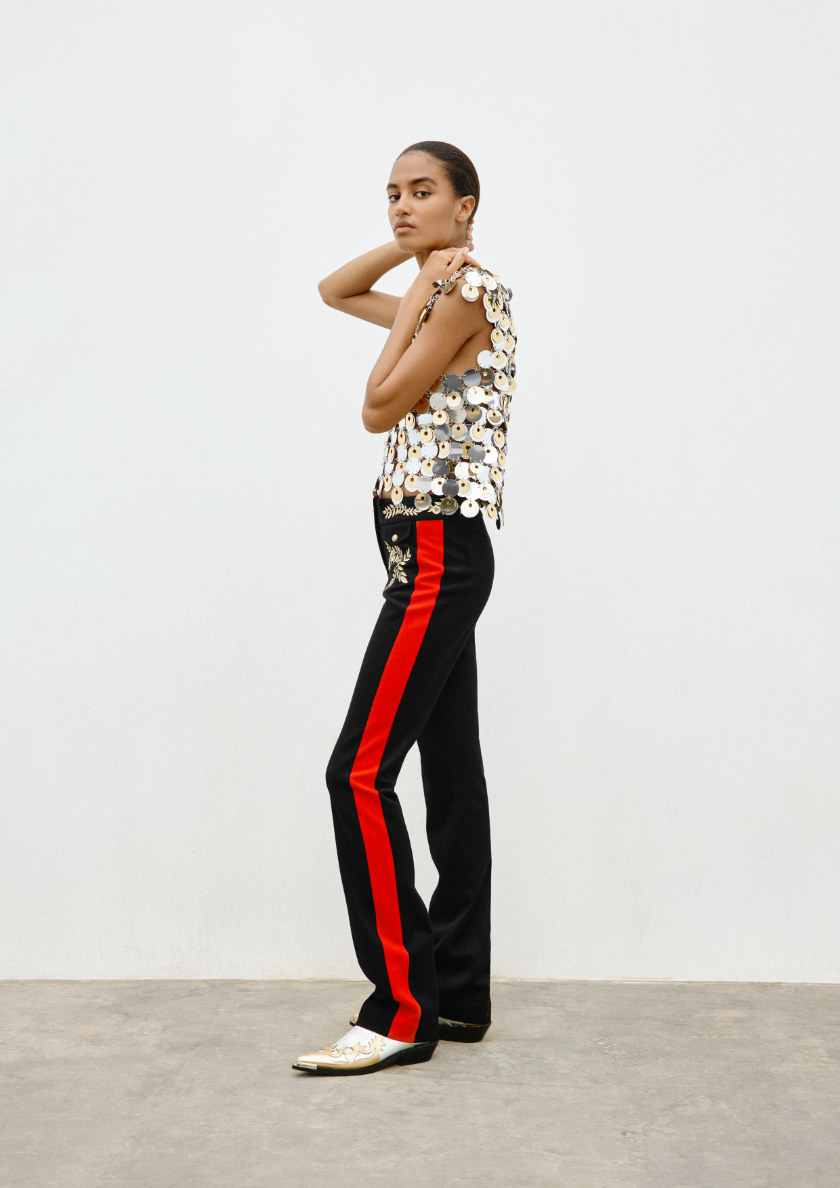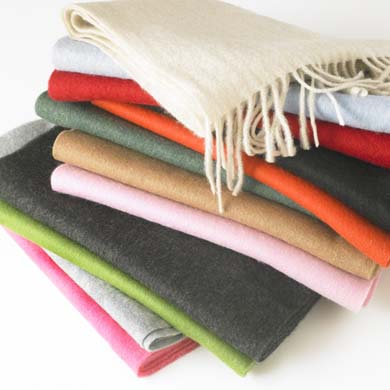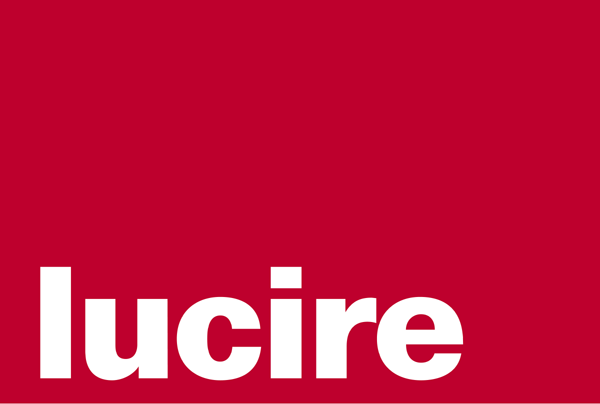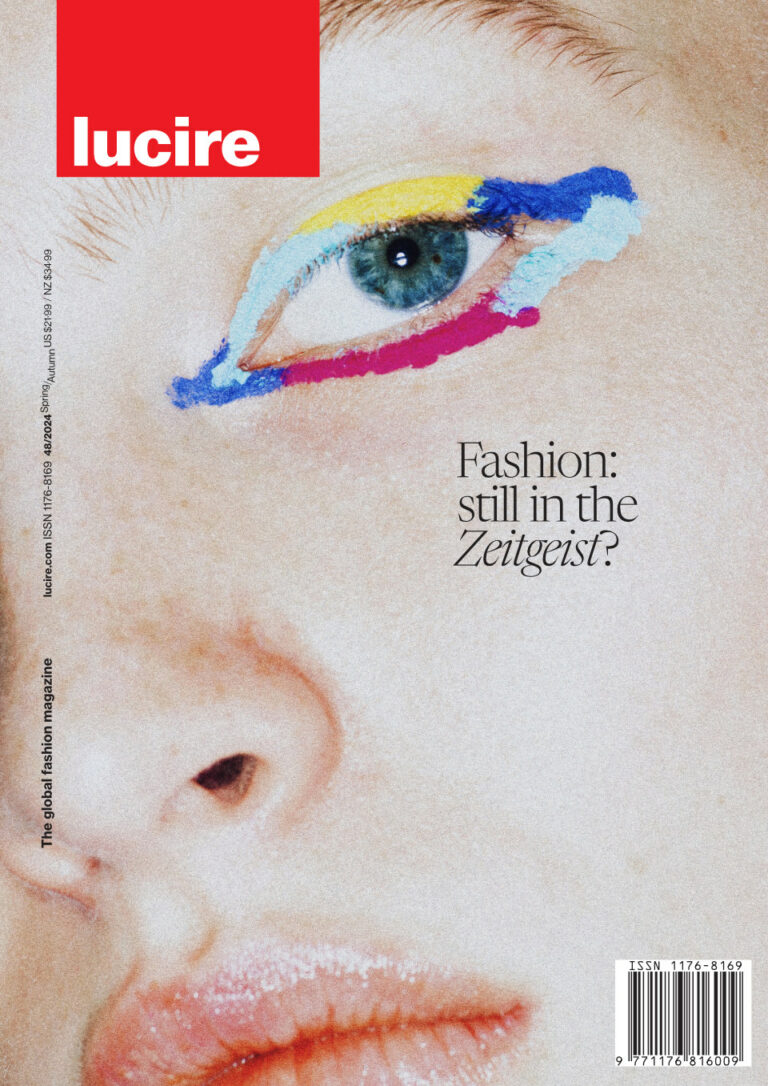We weren’t far wrong in questioning if fashion still held the same lofty position in the Zeitgeist if Alexandra Shulman, former editor-in-chief of British Vogue, ran a pre-loved fashion sale with novelist Zadie Smith in London, as reported in The Observer at the weekend. ‘The sale was notable for good value, sustainability, a warm, all-ages atmosphere, and being hosted by two high-profile locals with great individual fashion credentials,’ wrote Louise Chunn in her article.
Chunn notes that the trend for going second-hand is now mainstream because it’s also sustainable, and highlights the rule of five campaign where people are challenged to buy no more than five new items per year.
In drawing our conclusions last year, I wrote, ‘There’s always a lull after the exuberance, and once again the 1970s seem instructive … The space race and the muscle car gave way to inflation and earthly concerns. Your neighbours became more important. We were worried about the environment and self-sufficiency was a goal. Organic food and buying local were desirable. Sound familiar?’
And, ‘Rita Ora showing up in Primark to the Fashion Awards is admirable—of course I want fashion designers to get exposure and support, but I also get the anti-establishment energy that comes with her choice. It’s a statement about where we’re at.’
It’s good to see we have read the tea leaves right for our current time. Our focus on sustainable fashion, an area we’ve committed to covering since we teamed up with UNEP in 2003, means this is an area we know well.
One thing I always hesitated to do was to position Lucire as a “green” title: it was more important we treated fashion as fashion, a representation of the Zeitgeist, but incorporated sustainability reporting as part of our journalism. Otherwise you would only ever preach to the choir. And, frankly, we always thought sustainability efforts would ultimately become mainstream.
My wish—that sustainable would equal cool, over the convenience and cheapness of the likes of Shein—seems to be coming true, though of course the allure of the new and affordable will remain.
The industry does need a shake-up, going well beyond greenwashing. Its renewed purpose as we head into the mid-2020s? To find itself again as a catalyst for good, to give voice to those people and those movements who need it, to be part of a greater, unified movement that fights back against injustice and war. Fashion is an art, and art can always be powerful.
Turn on the news in the occident and there’ll be a story about the UNRWA being defunded by certain countries—but little or no mention of the timing, right after the ICJ found against Israel over the war in Gaza. The western response to the Houthi rebels is reported but not necessarily the greater context of why ships in the Gulf of Aden are being attacked by them in the first place—or that the Kingdom of Saudi Arabia, itself no fan of the Houthis, urged caution.
Regardless of your political views on the above (and here at Lucire, so many creeds and nationalities are represented that there are bound to be varied ones), what unites humanity is our shared belief that innocents should not be harmed. When popular opinion and governmental response are at odds, fashion can play a part, raising profiles, pushing the messages through collections, and provoking thought. It is our job to report on it.
Jack Yan is founder and publisher of Lucire.
Header photo by Cottonbro Studio

